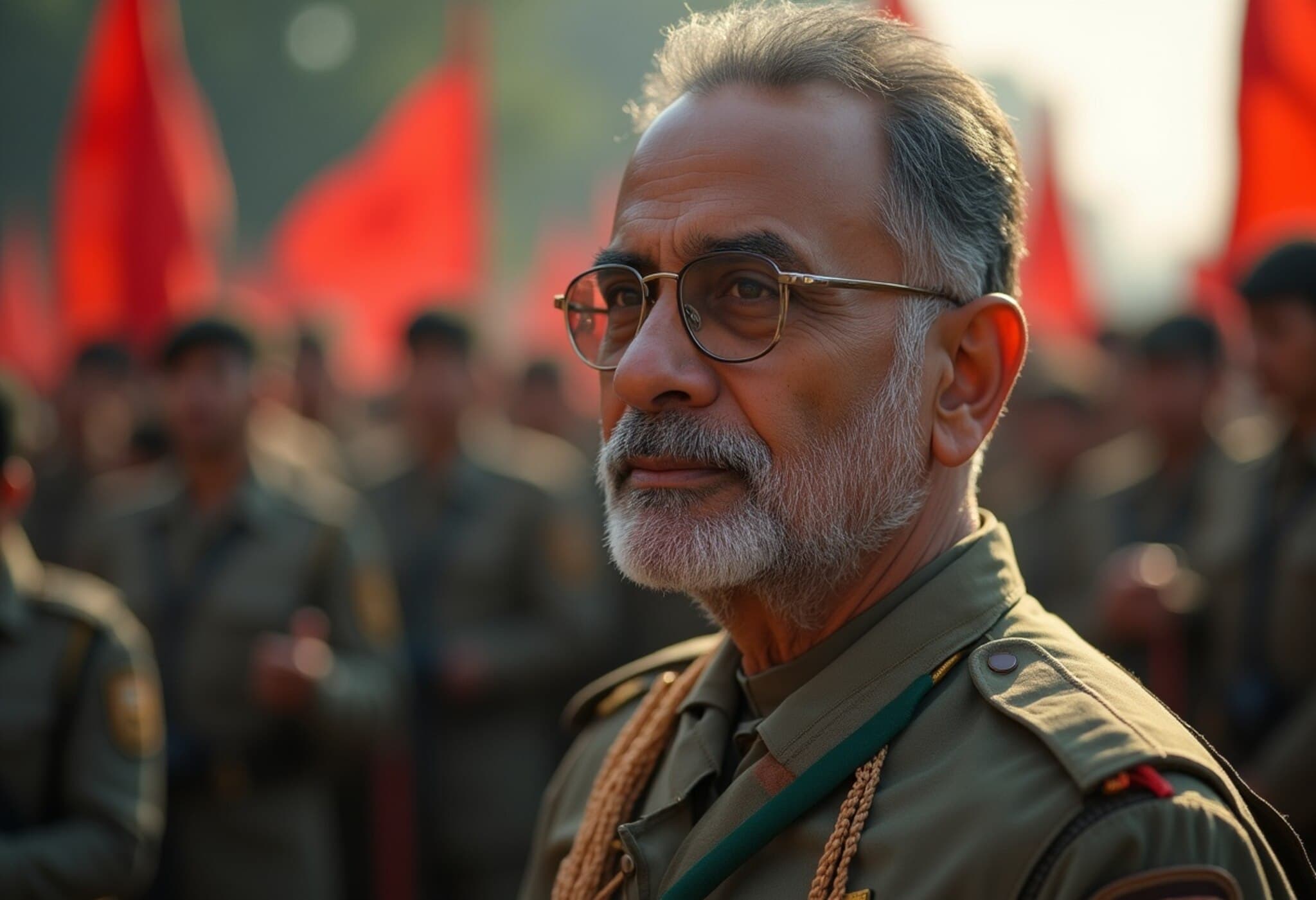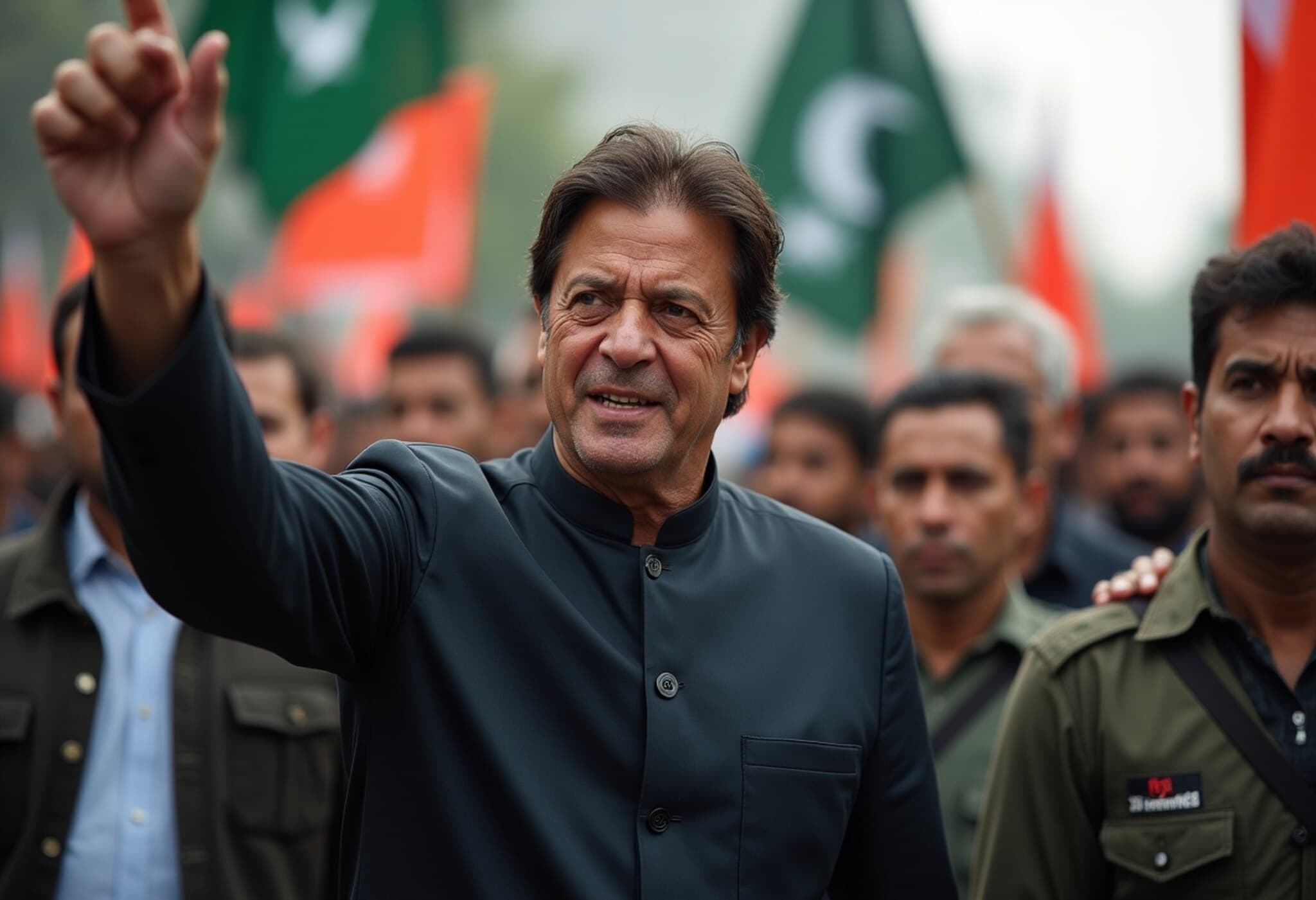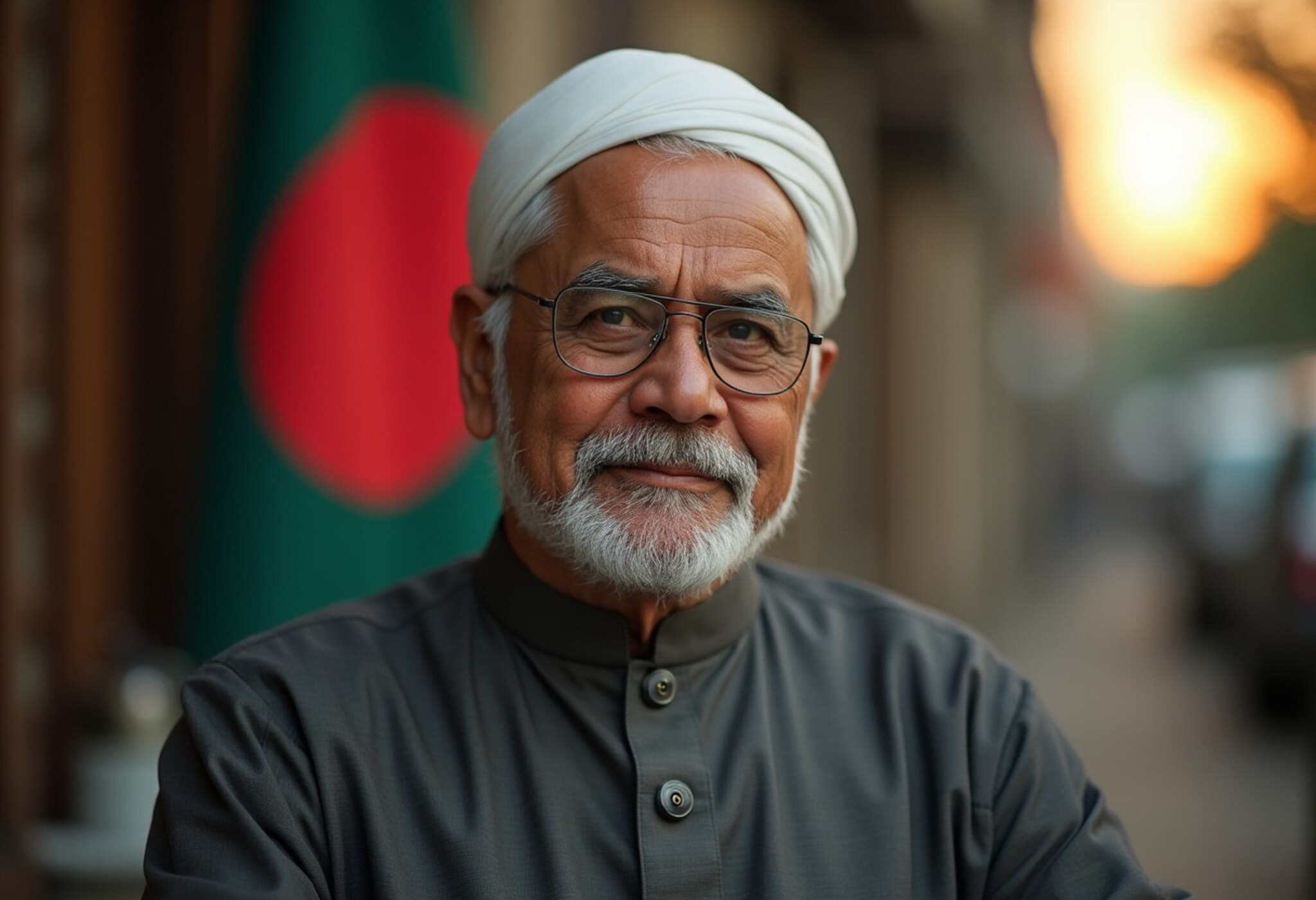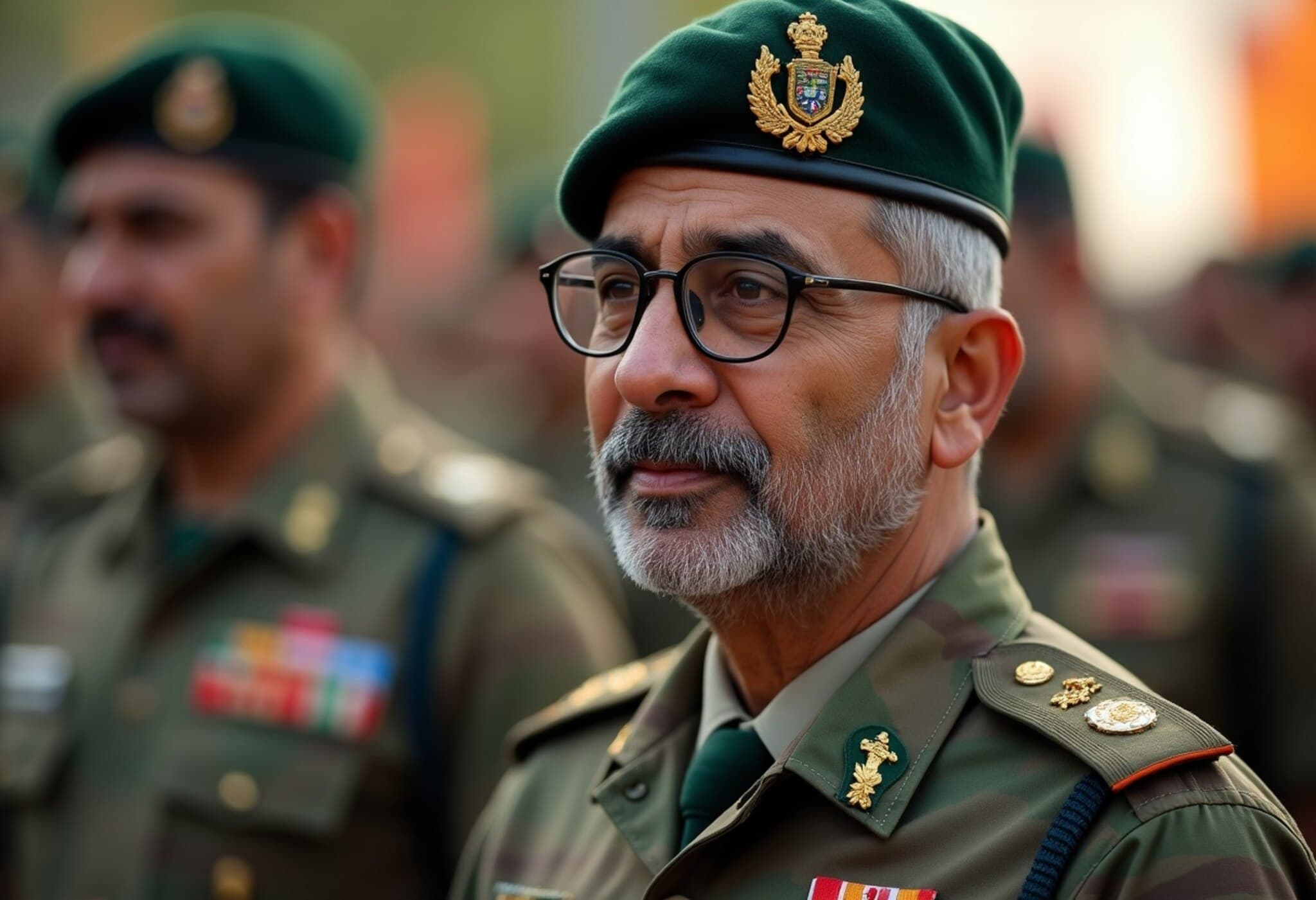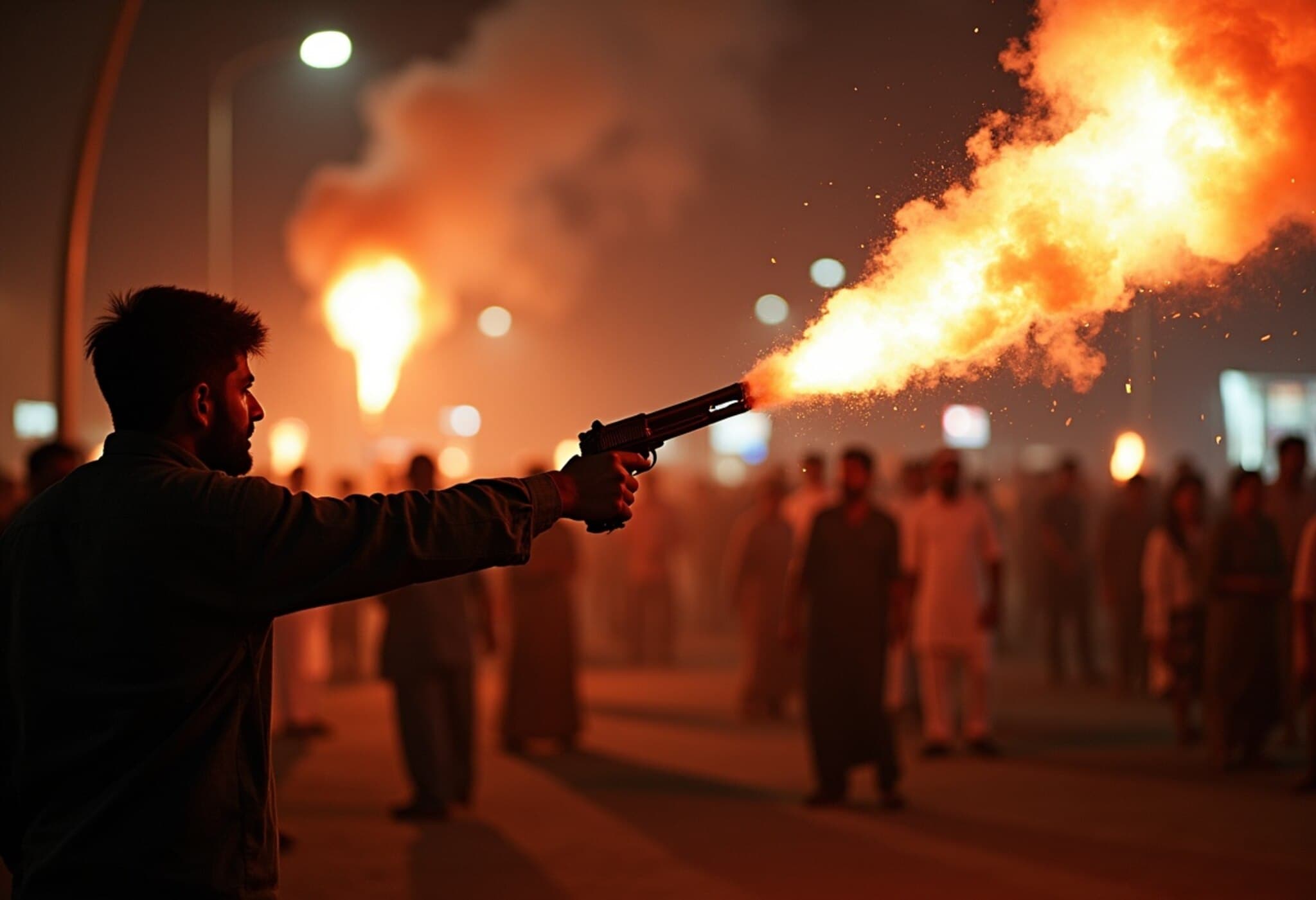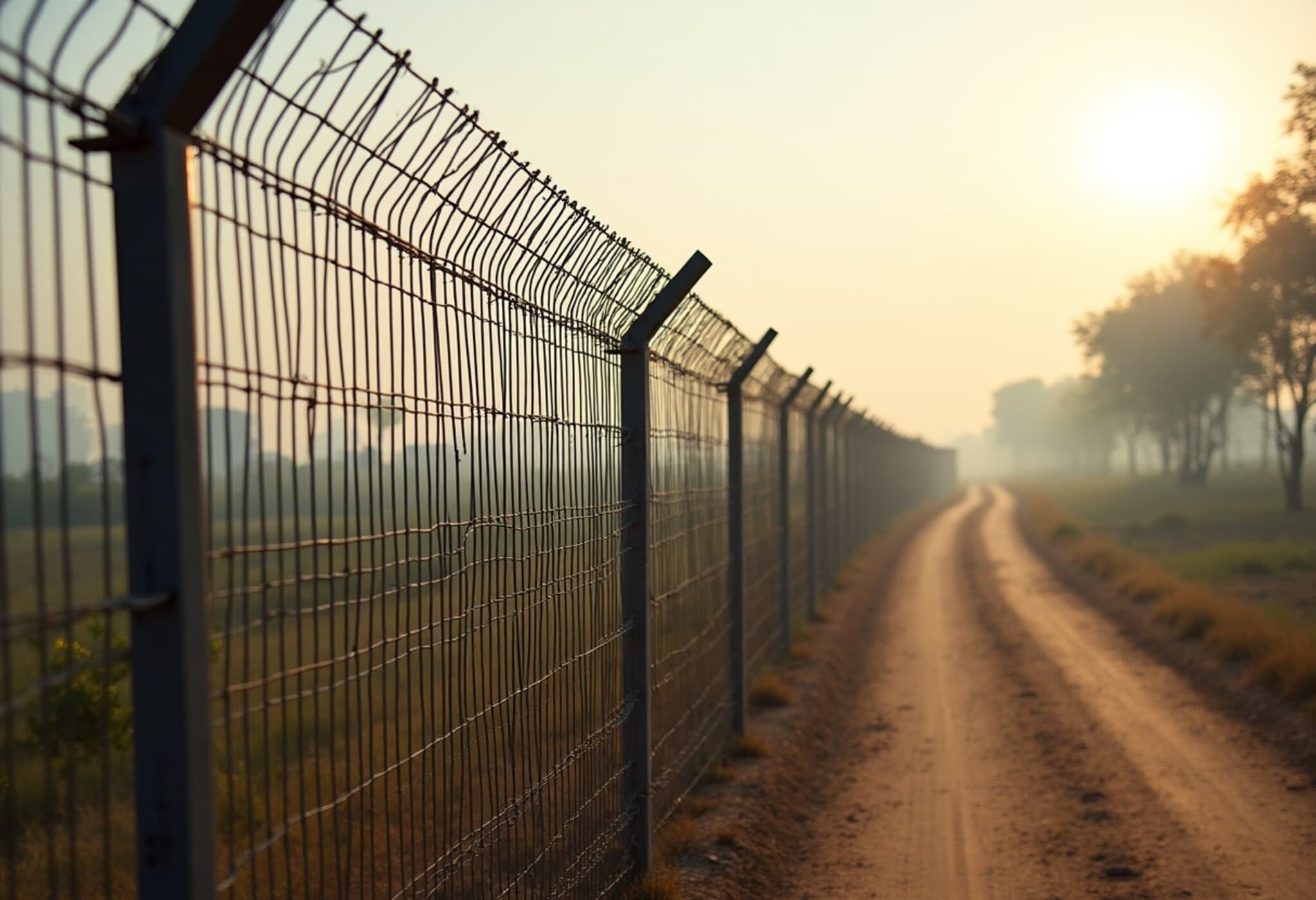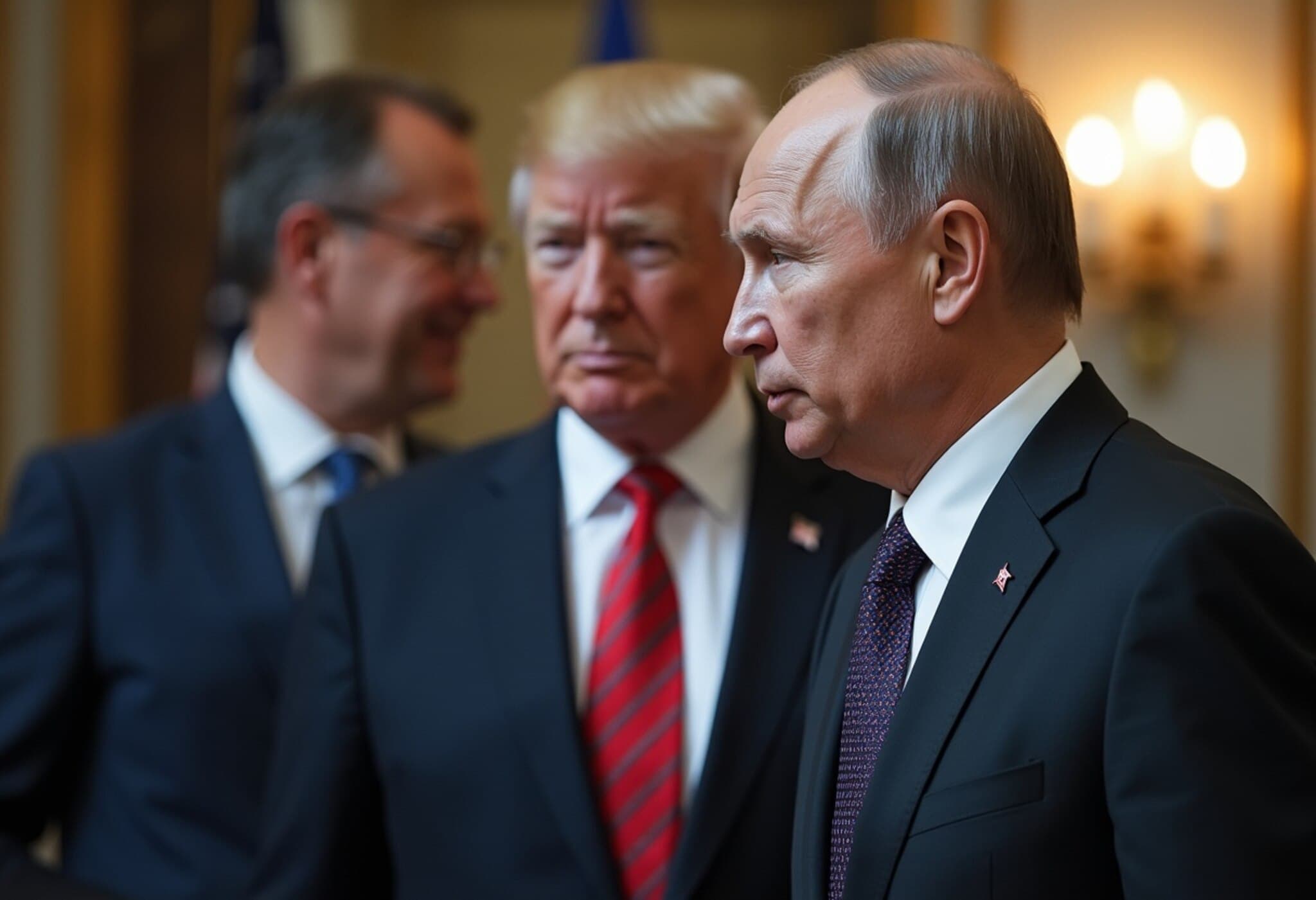India Rejects Bangladesh’s Allegations of Unauthorized Awami League Operations
In a recent diplomatic exchange fraught with tension, Bangladesh accused the banned Awami League party, led by former Prime Minister Sheikh Hasina, of conducting illegal political activities from Indian soil. The developments stir concerns over the traditionally cooperative ties between the neighbors and highlight sensitive cross-border political dynamics.
Dhaka’s Warning: Straining Bilateral Ties
On August 20, 2025, Bangladesh’s Ministry of Foreign Affairs publicly objected to reports that senior Awami League leaders, some facing criminal charges related to war crimes, have established offices and conducted outreach events in New Delhi and Kolkata. According to Dhaka, such actions—disguised as operations from an NGO—pose a threat not only to Bangladesh’s internal security but also to the mutual trust and friendship cultivated over decades between the two South Asian nations.
In a statement, the ministry described these developments as a “clear affront” to Bangladesh’s sovereignty, expressing concern that public sentiment in Bangladesh could worsen, potentially hindering ongoing diplomatic initiatives.
India’s Firm Rebuttal and Commitment to Legal Norms
Contrasting Bangladesh’s narrative, India’s Ministry of External Affairs (MEA) responded with a firm denial of any knowledge of illegal Awami League activities within its borders. MEA spokesperson Randhir Jaiswal emphasized India’s strict adherence to the principle that its territory does not harbor political activity against neighboring countries.
“The Government of India is not aware of any anti-Bangladesh activities by purported members of the Awami League. The Press Statement by the Interim Government of Bangladesh is thus misplaced,” the official said. India reiterated the importance of free, fair, and inclusive elections in Bangladesh to reflect the will of the people.
Contextualizing the Political Landscape
Bangladesh’s decision to ban all activities of the Awami League—including its online presence—came in May 2025 under the Anti-Terrorism Act. This follows allegations of egregious war crimes by party members, investigated by the country’s International Crimes Tribunal. The tribunal was recently empowered to hold political parties and their affiliates accountable, a move steeped in controversy and heavily criticized by international observers concerned about political freedoms.
The Awami League, historically a dominant political force in Bangladesh, faces an uncertain future amid the crackdown, fueling tensions not only internally but also with India—a country deeply intertwined by culture, trade, and shared history.
Implications for India-Bangladesh Relations
- Diplomatic Sensitivities: Allegations of harboring political dissidents on foreign soil strain bilateral ties and test decades of cooperation.
- Security Concerns: Both nations must balance internal security demands with respect for international norms and bilateral goodwill.
- Political Stability: Calls for free and fair elections highlight the urgency of restoring democratic processes in Bangladesh.
- Public Perception: Domestic audiences in both countries may interpret these allegations through nationalist lenses, potentially escalating tensions.
Expert Analysis: Navigating Complex Cross-Border Politics
From a geopolitical perspective, India wades carefully between supporting democratic norms and respecting Bangladesh’s sovereignty. Given their extensive border and intertwined social fabric—including millions of Bengali-speaking people—any perception of interference could backfire diplomatically.
Moreover, India's emphasis on early, credible elections in Bangladesh reflects its strategic priority to see stability in a neighboring country critical to regional security and economic connectivity. Conversely, Bangladesh’s government appears intent on curbing what it views as destabilizing forces operating from abroad.
Conclusion: A Crucial Juncture for Neighborly Trust
The ongoing dispute over alleged Awami League activities in India underscores the fragile balance in South Asian diplomacy, where political rivalries often transcend borders. Both countries face the challenge of managing internal political realities while preserving one of Asia’s most significant bilateral partnerships.
As Bangladesh navigates through its politically tumultuous phase, India’s call for transparent and foolproof elections remains a beacon for democratic hope, provided it is matched with respect for sovereignty and adherence to international law.
Editor’s Note:
While the accusations raise questions about cross-border political dynamics, they also prompt a deeper reflection on how democracies address internal dissent and external perceptions. Can India and Bangladesh overcome this diplomatic friction to reinforce trust? And how might the global community support fair political processes without infringing sovereignty? These evolving narratives deserve close attention as they shape South Asia’s future.

